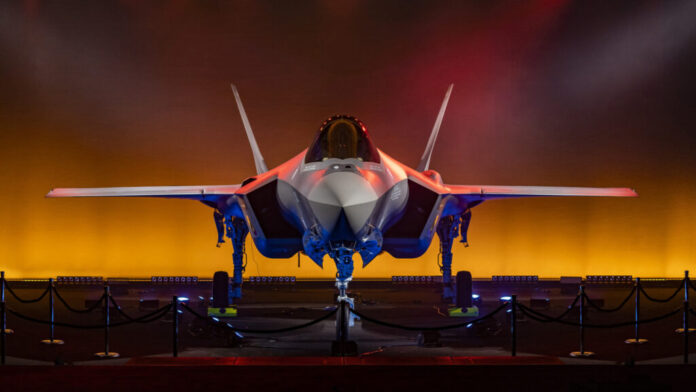At a NATO meeting in The Hague on June 24, Prime Minister Keir Starmer said Britain will buy at least twelve F-35A fighters that can carry U.S. B61-12 nuclear bombs. He called this move the largest boost to the country’s nuclear posture in a generation. These jets will be based at RAF Marham in Norfolk and join other NATO members such as Belgium, Germany, Italy, the Netherlands, and Turkey in sharing airborne nuclear missions ft.com.
Why This Matters for UK Defense
Until now, the UK relied only on its submarine-launched Trident missiles for nuclear deterrence, after retiring its last nuclear-capable Tornado jets in 1998. Adding F-35A fighters lets the Royal Air Force share the burden of keeping Britain safe and helps spread risk across more platforms, which Defence Secretary John Healey said will save up to 25 percent per aircraft compared to the F-35B jets Britain already operates theguardian.com.
How This Fits into NATO Goals
Allies at the summit backed a plan to lift defense budgets to 5 percent of GDP by 2035, partly amid pressure from U.S. leaders who have questioned whether Europe pulls its weight ft.com. By joining NATO’s dual-capable aircraft mission, the UK shows it will carry its load on collective defense, especially as tensions rise over Russia’s actions in Ukraine and global uncertainties grow news.sky.com.
Costs, Jobs, and Industry Impact
Lockheed Martin will build the jets, with key parts made at UK sites, supporting over 20,000 local jobs and more than 100 suppliers. The government says buying the A-model jets saves money and secures work for British factories, even as overall defense spending climbs. This deal is part of a plan to buy up to 138 F-35s in total over the coming years ft.com.
What Comes Next and My Take
Training for pilots and ground crews will start soon so the jets can be ready to carry U.S. bombs under tight NATO rules. The U.S. will control any decision to arm or drop those weapons, keeping Britain’s own nuclear authority limited by treaty.
From my view, this step shows Britain making a clear choice to share air-based nuclear duties once again, which could make its deterrent more flexible and serve as a reminder to rivals that NATO stays united. At the same time, sending bomb-capable planes back to UK soil may spark debate at home about the role of nuclear arms and the risks they carry in fast-changing times.

